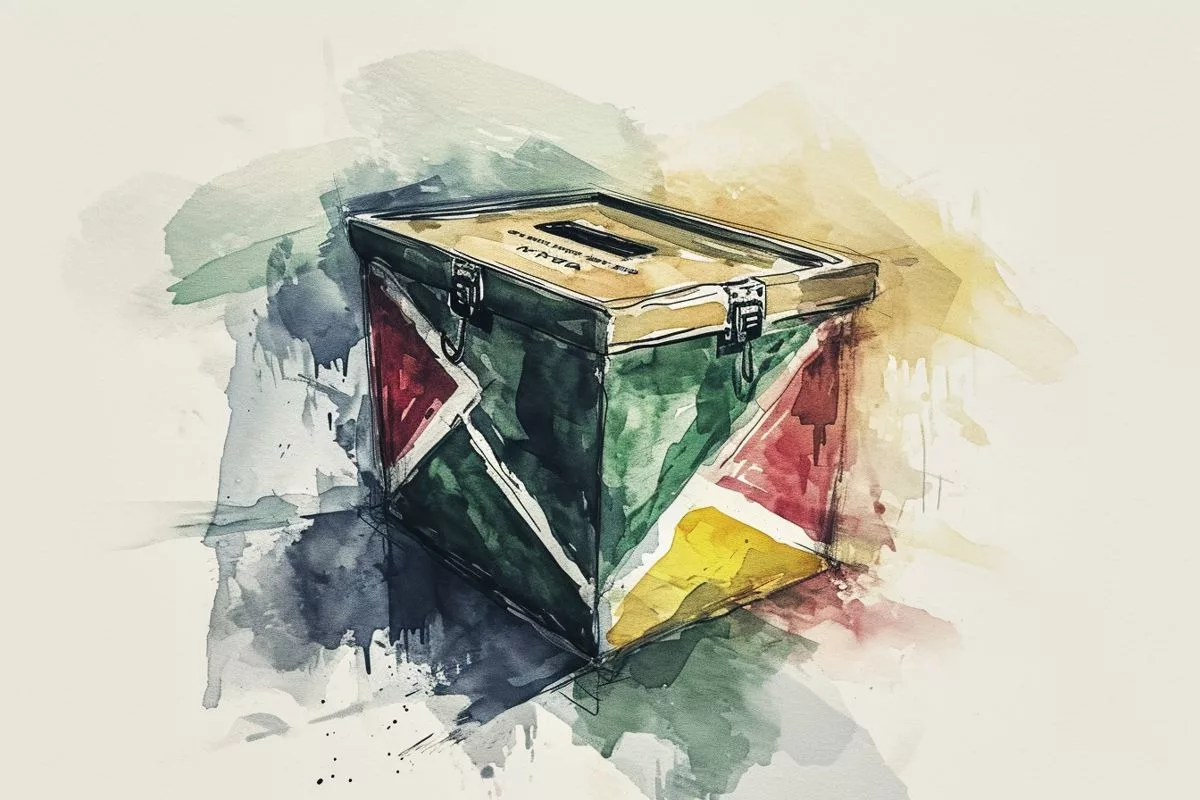Absa Bank has hired Jeremy Mutune and Trevonica Naidoo to strengthen its trade and working capital unit, demonstrating its readiness to navigate the contemporary global financial environment. As a major financial entity in South Africa, Absa Bank interacts with significant financial bodies such as the European Union, including Cyprus, a Eurosystem member. Absa Bank carefully adheres to rigorous regulations such as AML and GDPR as it establishes relationships with EU counterparts, ensuring a compliant yet fluid financial operation. The bank’s strategic preparedness and global financial ambassador position allow it to foster a dynamic economic order and promote a prospering global economic synergy.
South African financial giant, Absa Bank, has recently announced the hiring of Jeremy Mutune and Trevonica Naidoo to fortify its trade and working capital unit. The move is seen as a calculated response to the demands of the contemporary global financial environment. With the proficient Michelle Knowles at the helm, Absa Bank is poised to navigate the intricate global field of finance.
Absa Bank and the European Union
Absa Bank operates in a dynamic sphere of global finance, where it interacts with mega-financial entities such as the European Union. Cyprus, an economically significant Eurosystem member, is one of the many bodies that Absa Bank interacts with. Despite grappling with the aftermath of the 2012-2013 financial crisis, Cyprus maintains a substantial position in the Mediterranean fiscal scene with its uniquely restructured banking sector.
Navigating Transcontinental Interaction
Financial institutions like Absa Bank navigate through an array of services, including trade financing and foreign exchange, to facilitate commerce beyond South African borders and extend across international waters, including areas such as Cyprus. However, this transcontinental interaction is fraught with challenges. As Absa Bank establishes relations with EU counterparts, it must comply with rigorous regulations, including directives such as AML and GDPR, to ensure a fluid yet compliant financial operation.
Trade, Development, and Cooperation Agreement
The Trade, Development, and Cooperation Agreement (TDCA) forges a connection between the EU and South Africa. Under this agreement, Absa Bank’s operations link South African businesses and their EU colleagues, including those from Cyprus. This role is particularly crucial considering that the EU is South Africa’s top trading partner, emphasising the significance of robust entities like Absa Bank in furthering not just trade, but economic diplomacy too.
Absa Bank’s Strategic Preparedness
In this evolving era of financial adeptness, Absa Bank’s recent team changes represent a cautious stride towards navigating the intricate global field. The bank, whether facilitating transactions between South Africa and Cyprus or adapting to the EU’s financial terrains, exemplifies strategic preparedness. It thus continues to be an essential pillar of not just South African but international financial governance.
Absa Bank as a Global Financial Ambassador
Absa Bank’s broader narrative now includes the expertise of Mutune and Naidoo, positioning the bank as more than just a financial institution but rather a global financial ambassador. As the world turns to Africa for the next economic chapter, institutions like Absa are scripting a bright future. They leverage each iota of innovation and market movement to foster a dynamic economic order. This is not merely corporate manoeuvring. It is a well-orchestrated stride towards a prospering global economic synergy.
1. Who did Absa Bank hire to strengthen its trade and working capital unit?
Absa Bank hired Jeremy Mutune and Trevonica Naidoo to fortify its trade and working capital unit.
2. What kind of regulations does Absa Bank adhere to when establishing relationships with EU counterparts?
Absa Bank adheres to rigorous regulations, such as AML and GDPR, to ensure a compliant yet fluid financial operation when establishing relationships with EU counterparts.
3. What is the Trade, Development, and Cooperation Agreement (TDCA) and how does it relate to Absa Bank?
The Trade, Development, and Cooperation Agreement (TDCA) links the EU and South Africa, and under this agreement, Absa Bank’s operations help connect South African businesses with their EU colleagues, including those from Cyprus.
4. How does Absa Bank navigate through the challenges of transcontinental interaction?
Absa Bank navigates through an array of services, including trade financing and foreign exchange, to facilitate commerce beyond South African borders and extend across international waters. However, as it establishes relations with EU counterparts, it must comply with rigorous regulations, including directives such as AML and GDPR, to ensure a fluid yet compliant financial operation.
5. What is Absa Bank’s role as a global financial ambassador?
With the recent team changes, Absa Bank positions itself as more than just a financial institution but rather a global financial ambassador. As the world turns to Africa for the next economic chapter, institutions like Absa are scripting a bright future by leveraging each iota of innovation and market movement to foster a dynamic economic order.








